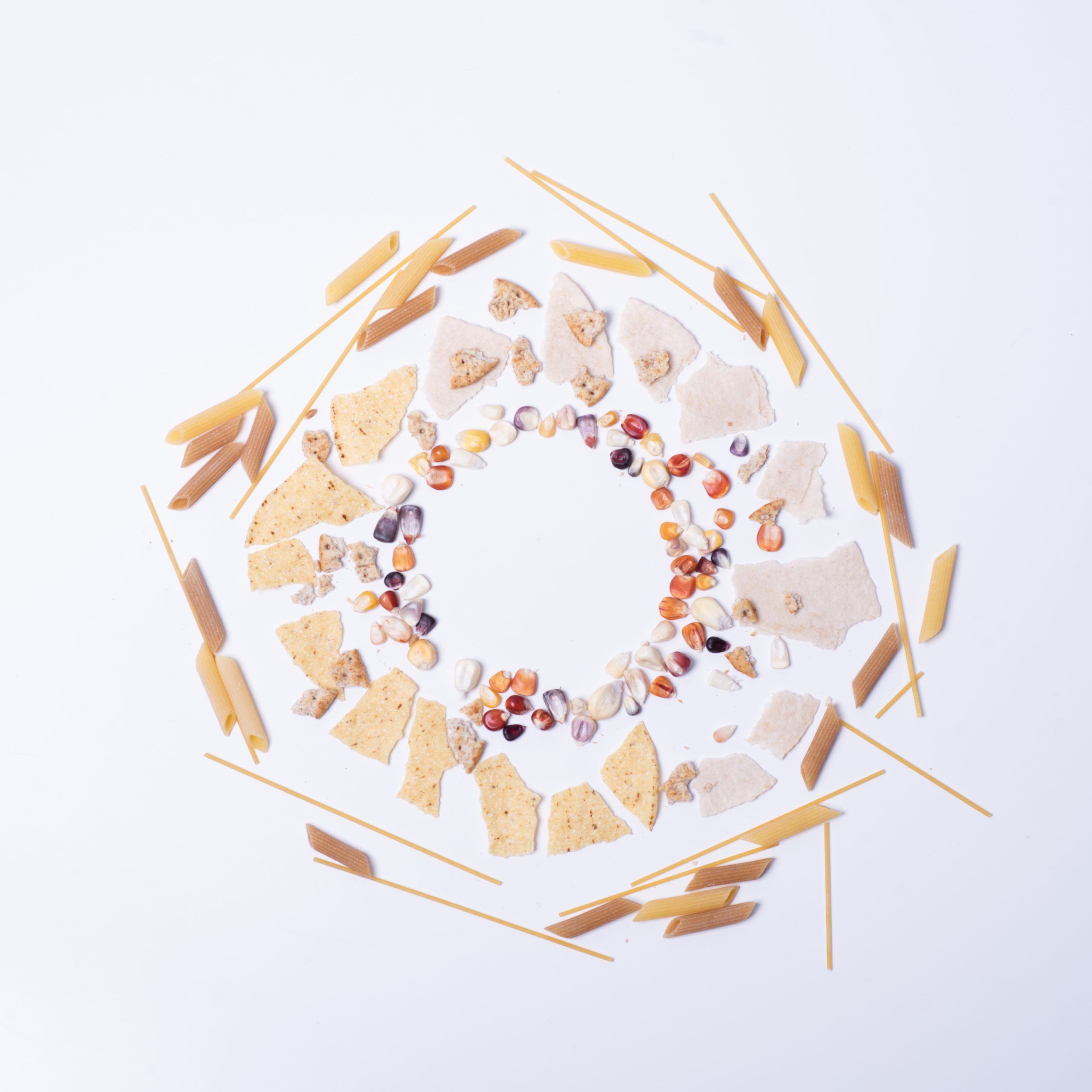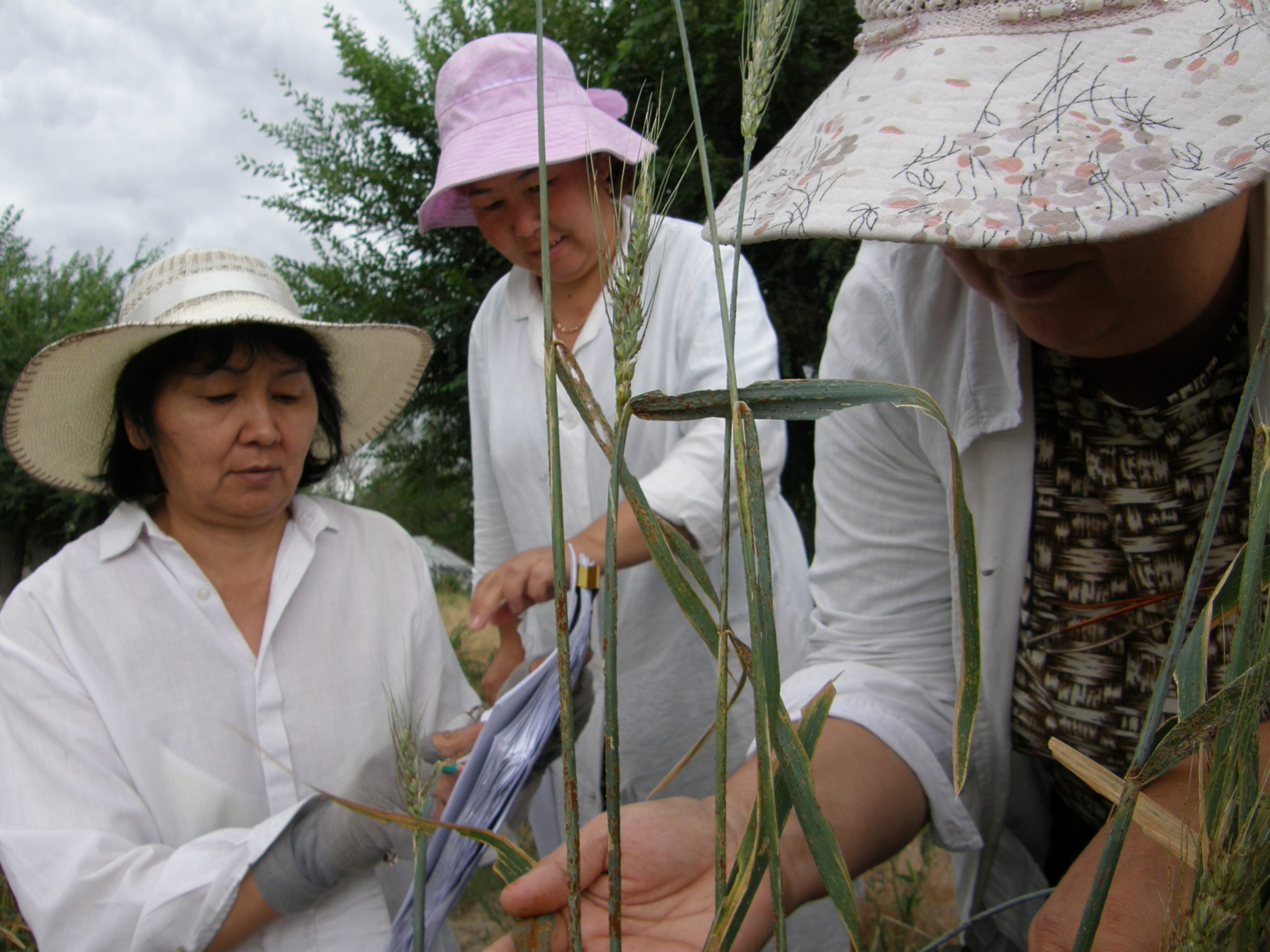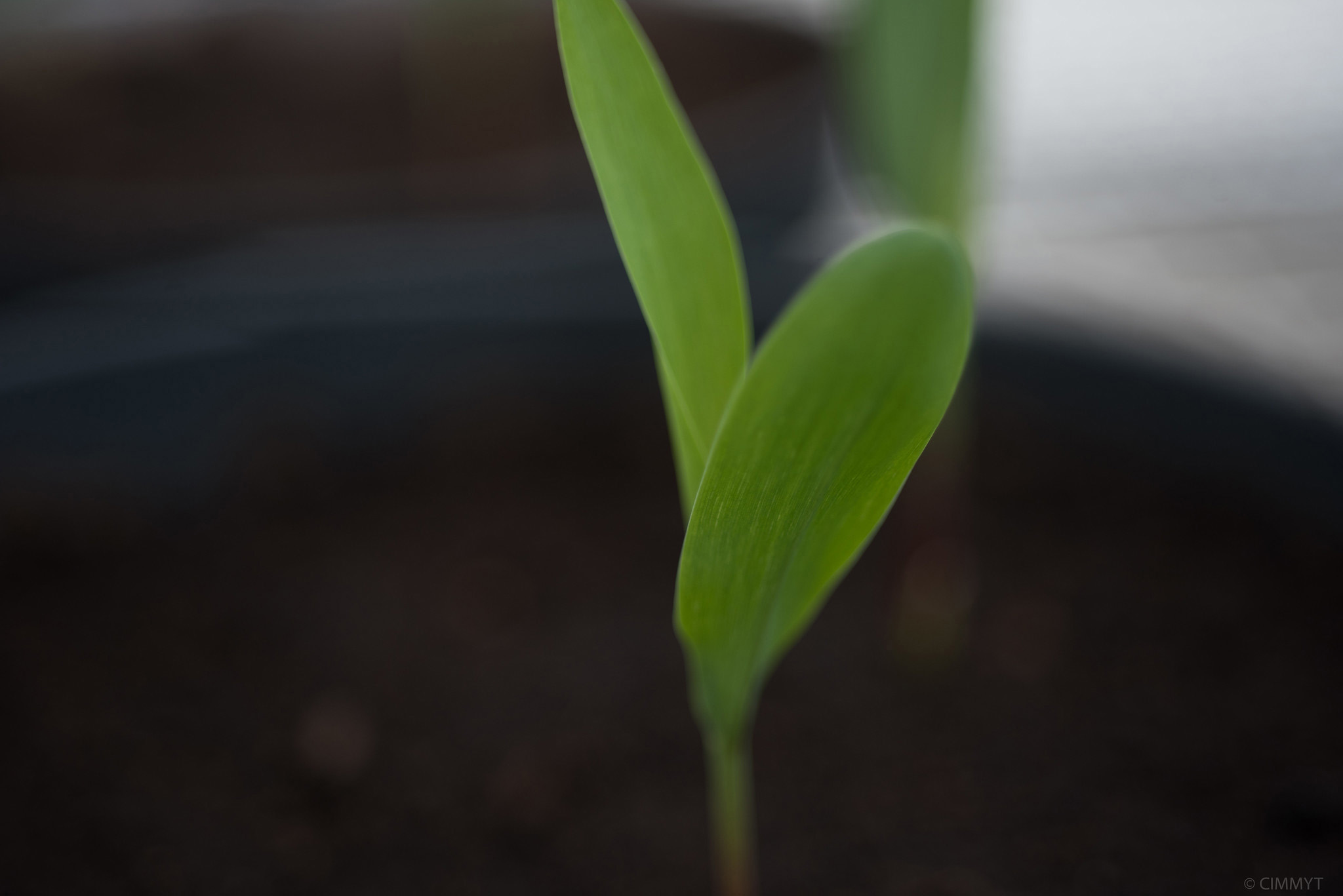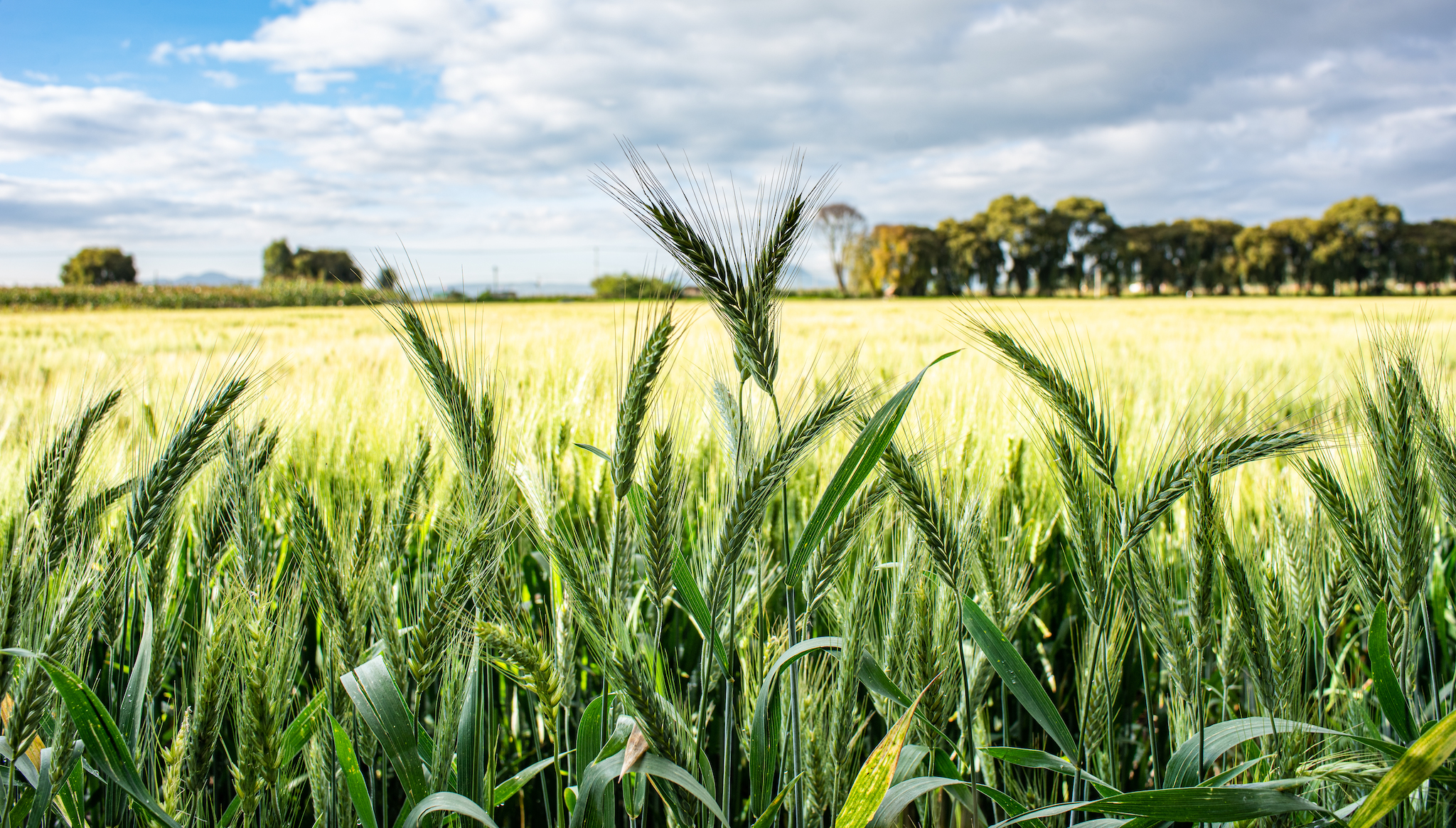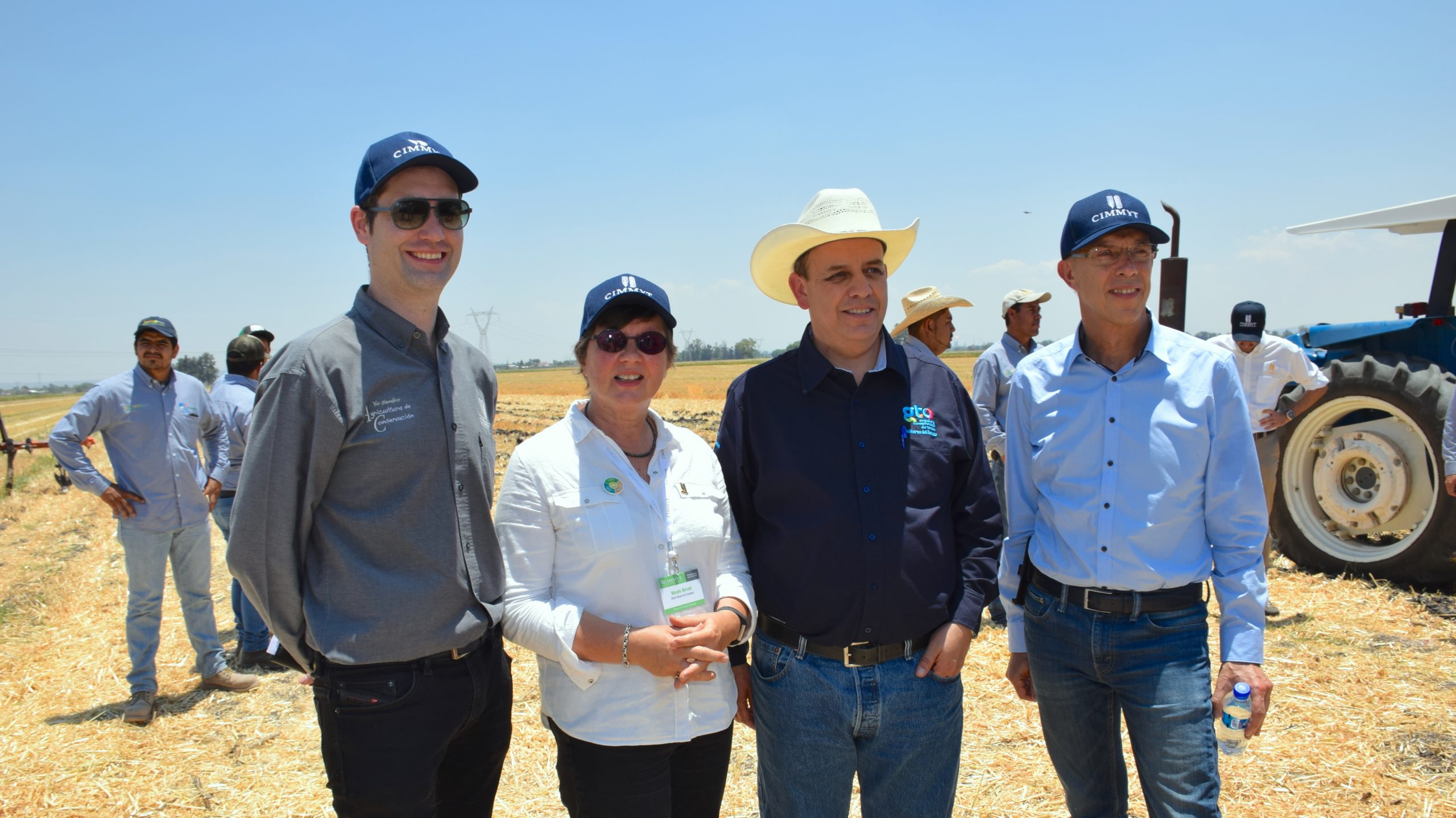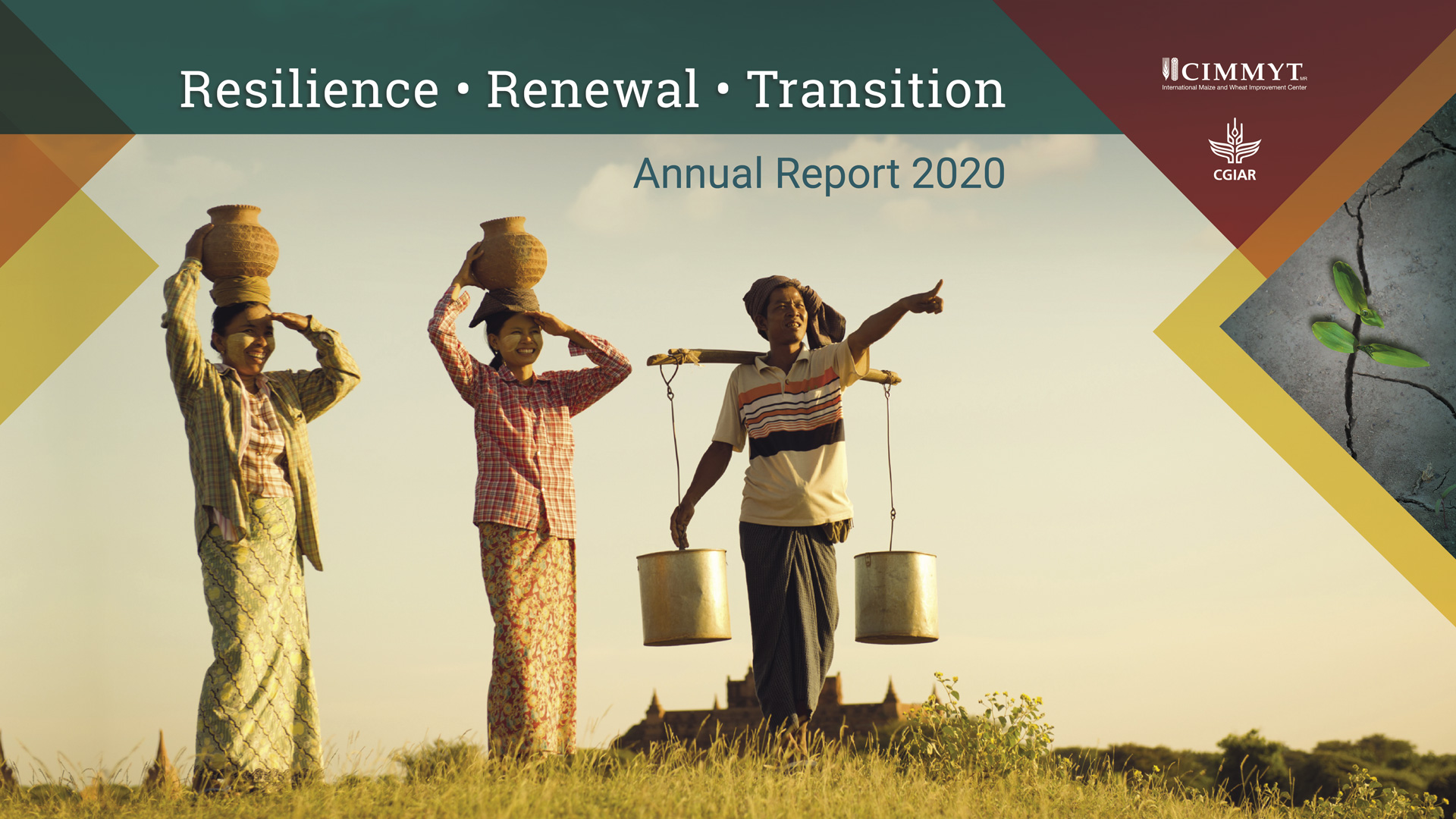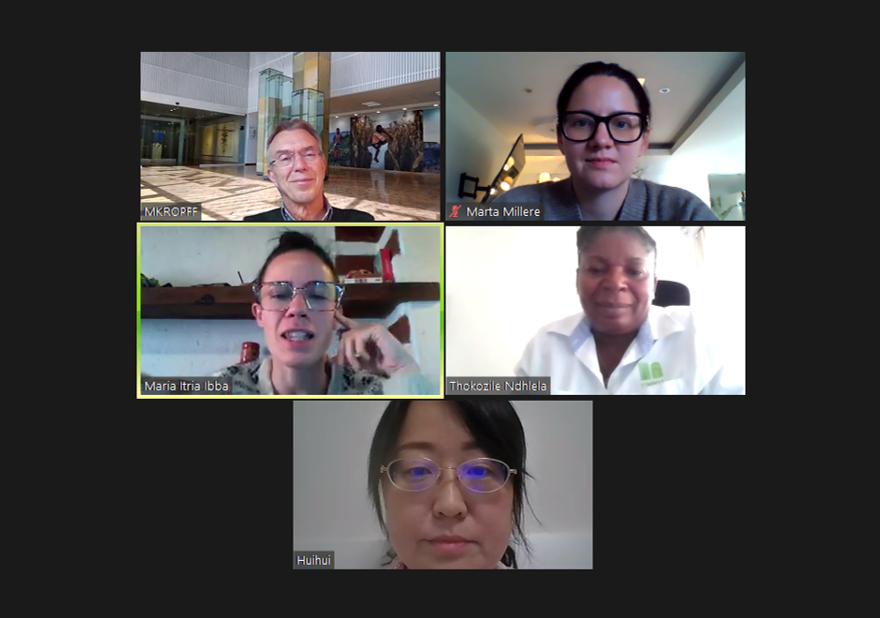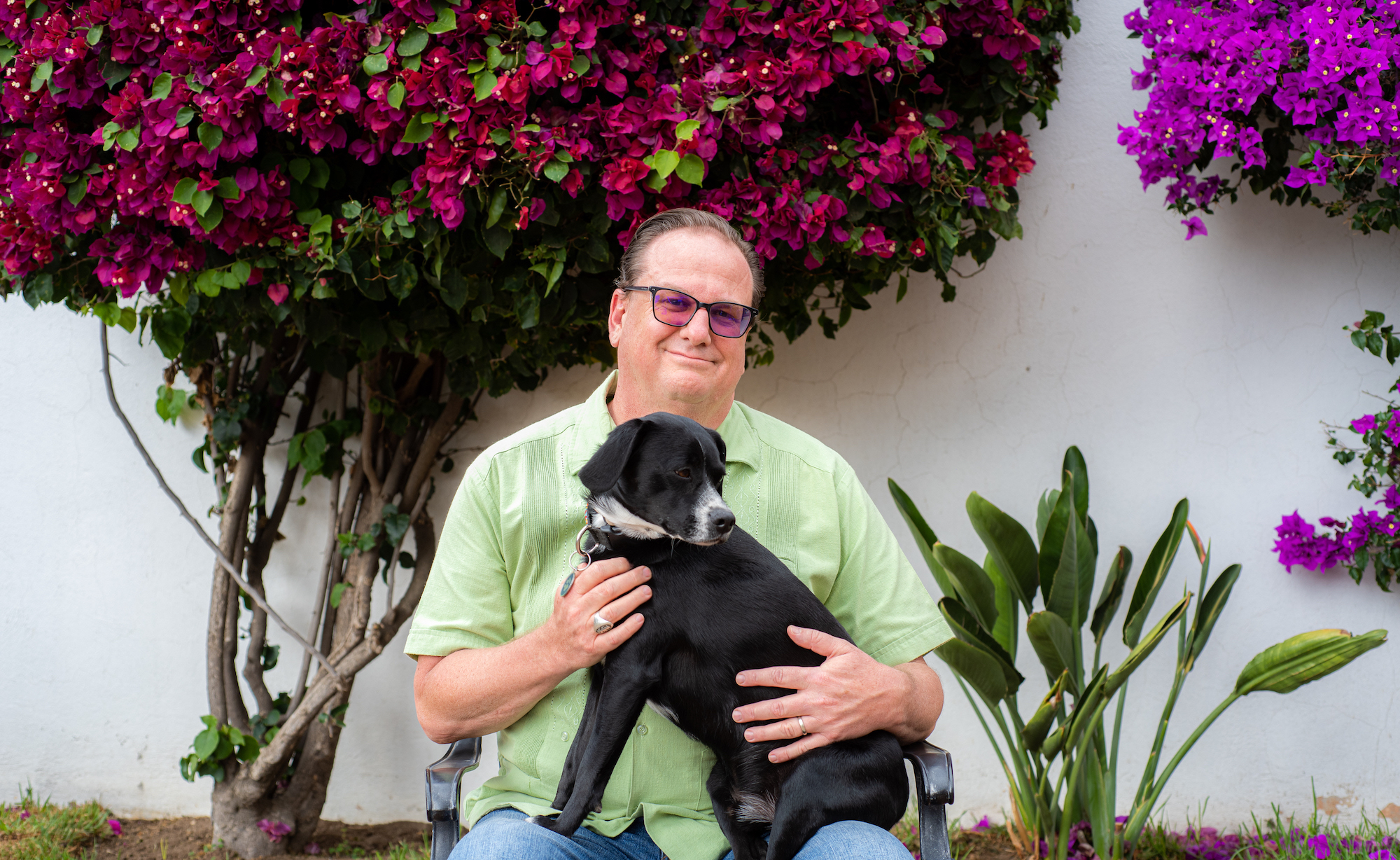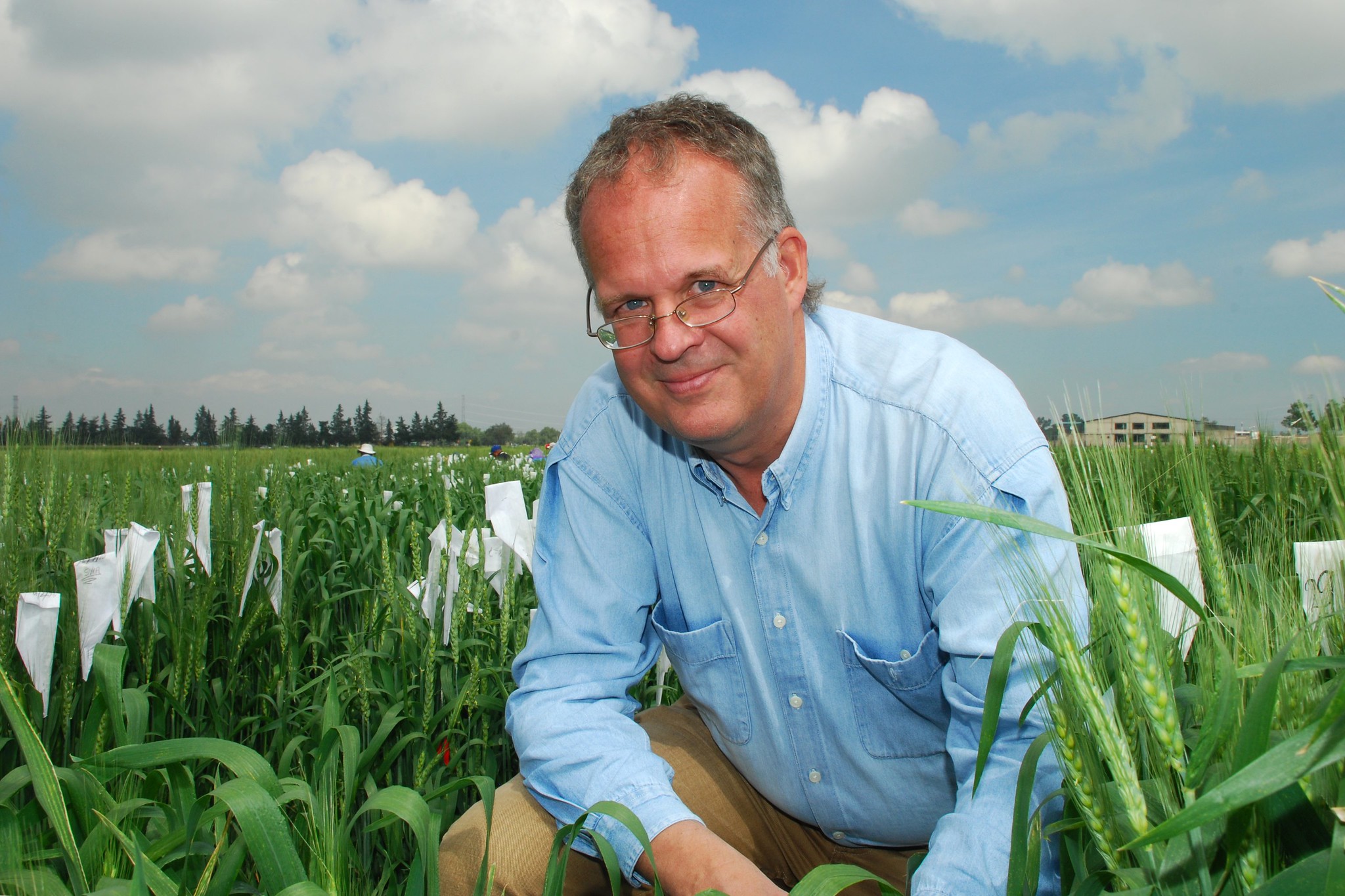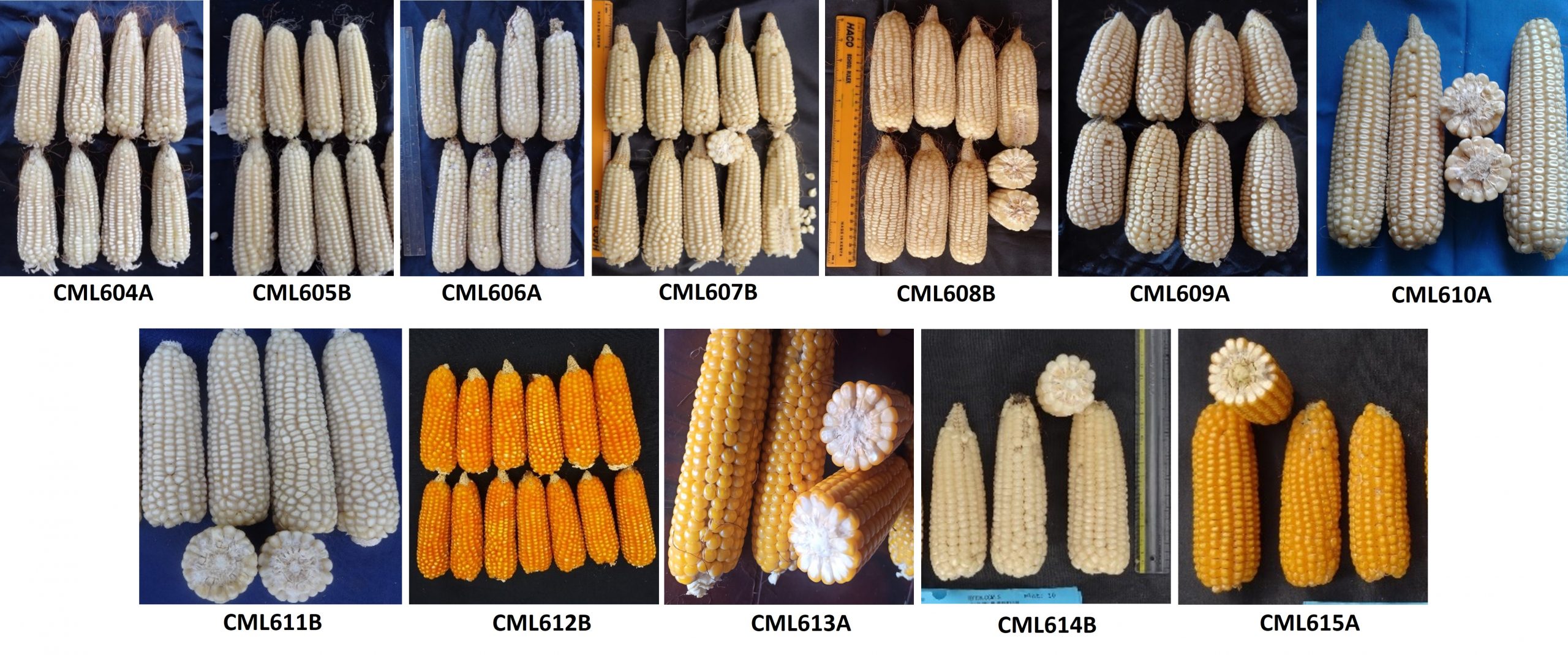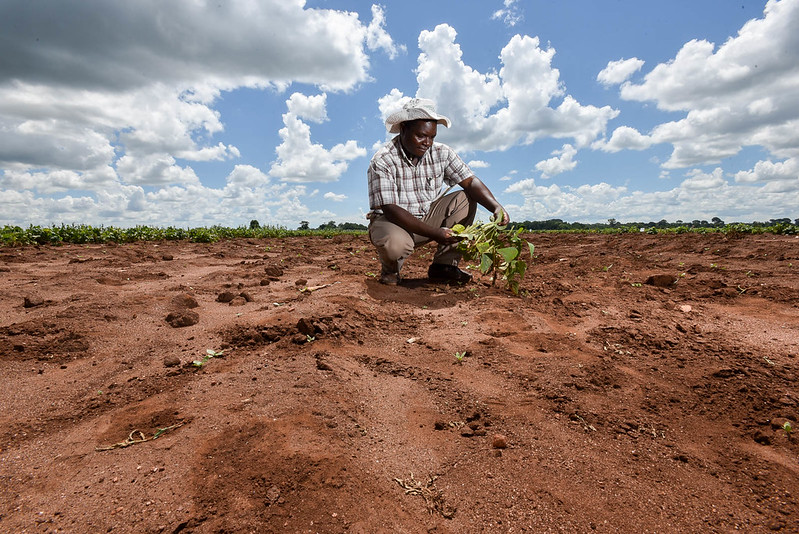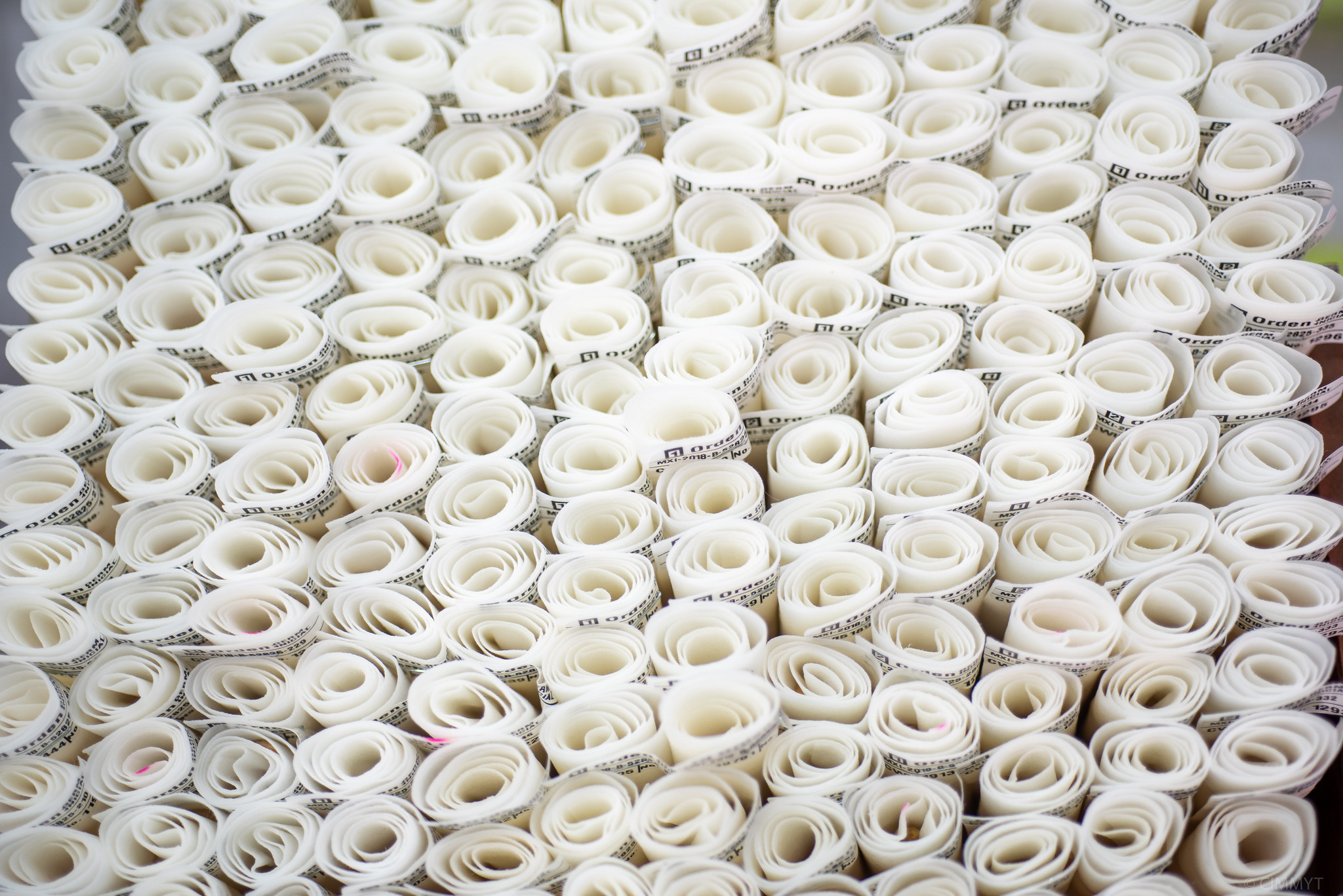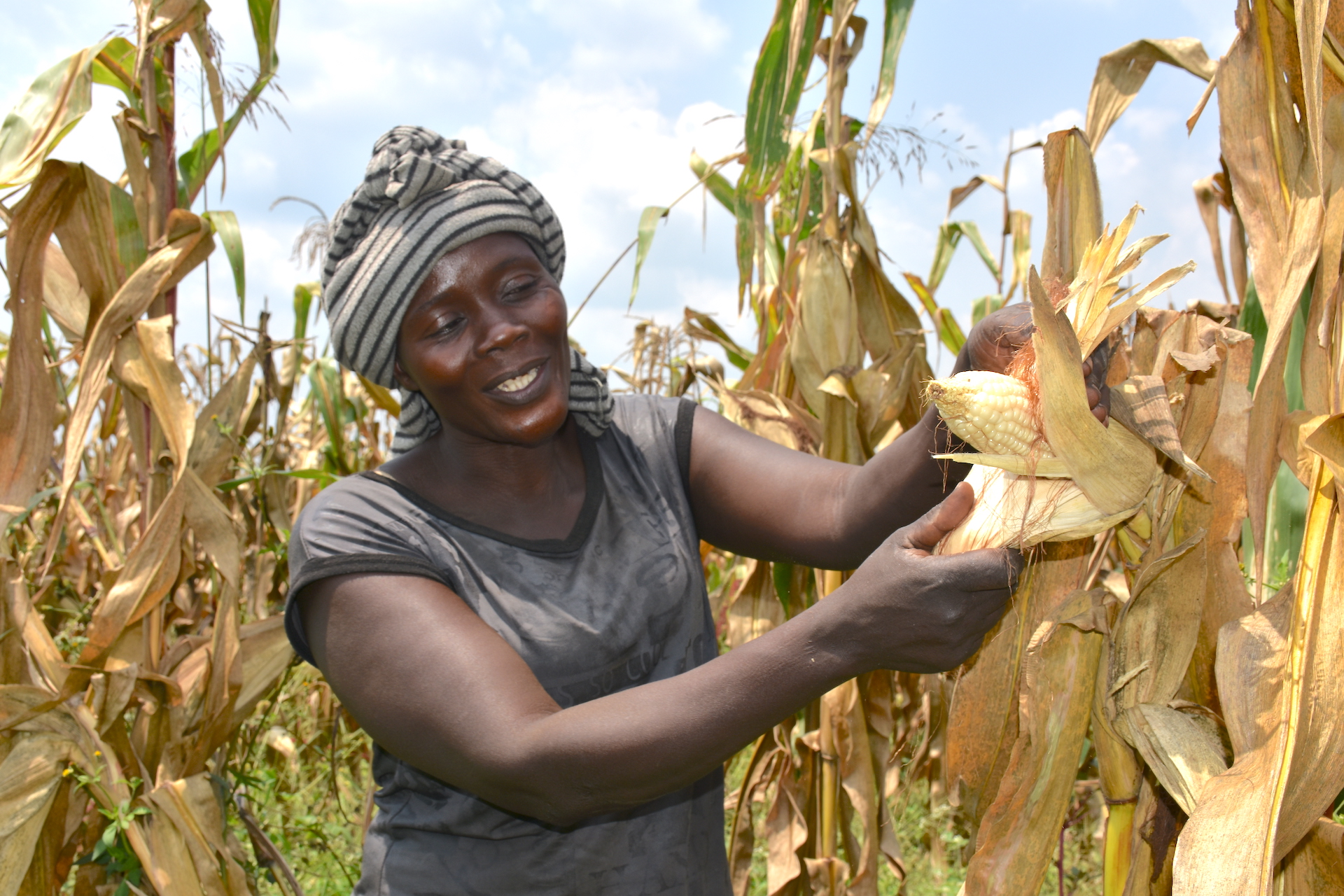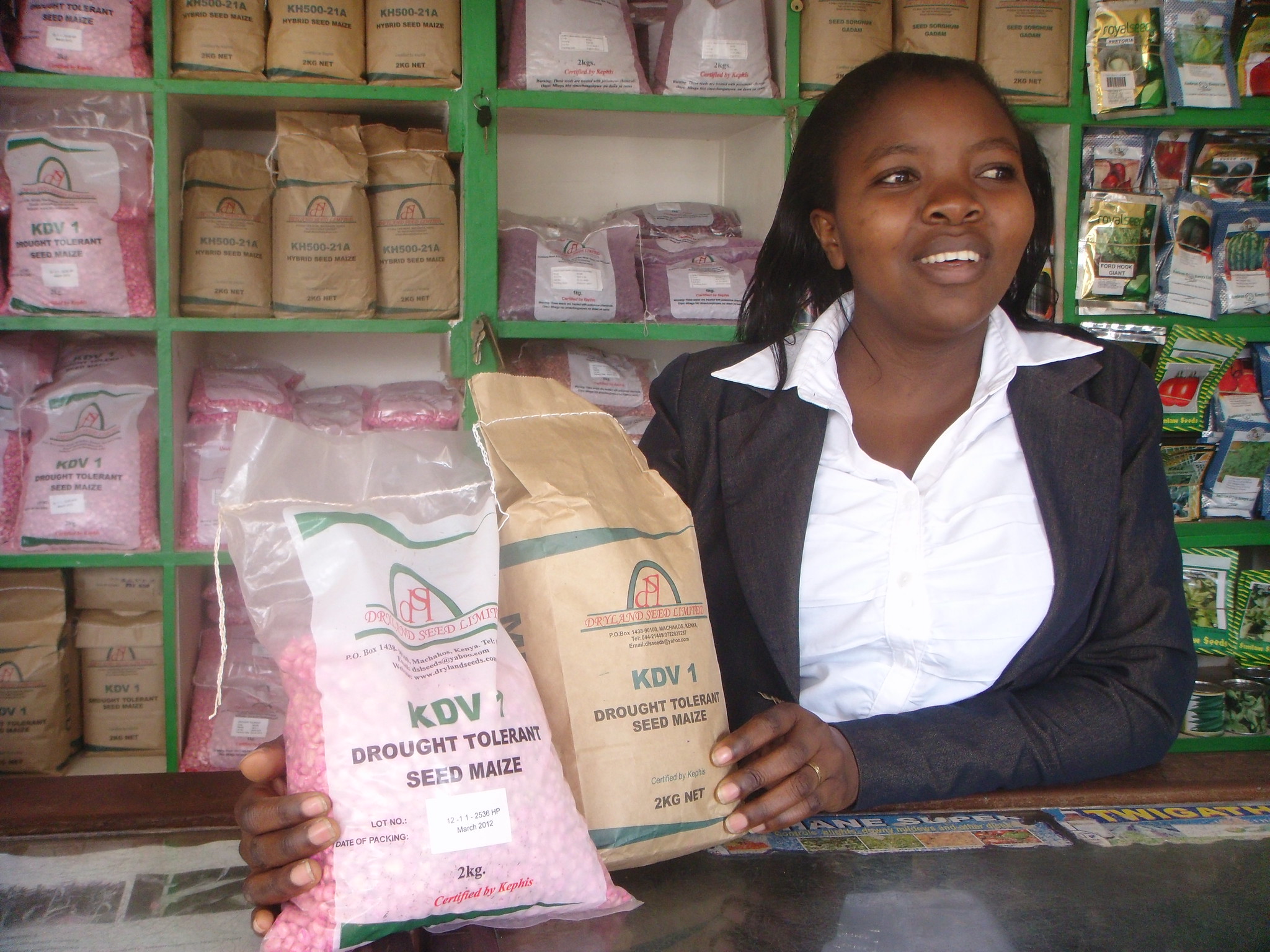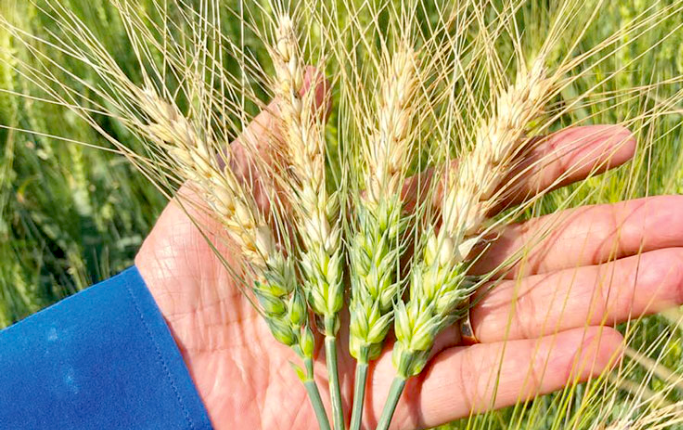Genetic resources
The UN Food Systems Summit has arrived
 Nutrition, health and food security
Nutrition, health and food security
CIMMYT and CGIAR contributions to the SDGs highlighted in new campaign.
Genome-wide association study puts tan spot-resistant genes in the spotlight
 Innovations
Innovations
CIMMYT’s collaboration with scientists in Kazakhstan finds a new, promising source of genetic resistance to tan spot, a damaging wheat disease.
Maize and wheat science to sustainably feed the world
 Climate adaptation and mitigation
Climate adaptation and mitigation
New CIMMYT brochure highlights value of maize and wheat science to battle rising undernourishment.
Protecting plants will protect people and the planet
 Climate adaptation and mitigation
Climate adaptation and mitigation
Understanding the relationship between climate change and plant health is key to conserving biodiversity and boosting food production today and for future generations.
CIMMYT announces new Director General ad interim
New leadership will continue to build on scientific excellence on maize and wheat research.
Annual Report 2020 launched
 Climate adaptation and mitigation
Climate adaptation and mitigation
Working towards resilience, renewal and transition in our agri-food systems.
From science to impact: a chat with women scientists at CIMMYT
 Gender equality, youth and social inclusion
Gender equality, youth and social inclusion
Martin Kropff sits down with scientists involved in maize breeding, wheat quality and crop data to discuss their successes and passion behind the work that they do to help CIMMYT and CGIAR reach the Sustainable Development Goals.
Four questions with CIMMYT’s Maize Genebank Curator
 Environmental health and biodiversity
Environmental health and biodiversity
How to preserve and share the genetic biodiversity of maize.
A conservation conversation
 Environmental health and biodiversity
Environmental health and biodiversity
In a Q&A, Thomas Payne reflects on how CIMMYT’s wheat genebank can be a model for maintaining biodiversity in agricultural systems.
CIMMYT releases 12 new maize lines
 Innovations
Innovations
CIMMYT maize lines CML604A to CML615A are adapted to tropical maize production environments.
World Health Day 2021
 Climate adaptation and mitigation
Climate adaptation and mitigation
Five CIMMYT solutions for a fairer, healthier world.
Consider the seed
 Environmental health and biodiversity
Environmental health and biodiversity
The second installment in the CGIAR International Year of Plant Health Webinar Series tackles the often-overlooked issue of germplasm health.
Researchers identify optimal strategy to maximize genomic estimated breeding values
 Innovations
Innovations
Genomic selection breeding approach paves the way to better maize and wheat in farmers’ fields faster.
Out with the old, in with the new
 Innovations
Innovations
CIMMYT’s tried and tested approaches in varietal turnover and decades of experience in strengthening maize and wheat seed systems have a lot to contribute to CGIAR’s plan of building robust food systems by 2030.
First complete cytological characterization of the 2NvS translocation
 Innovations
Innovations
Study validates importance and uncovers new benefits of crucial wheat genome segment.
